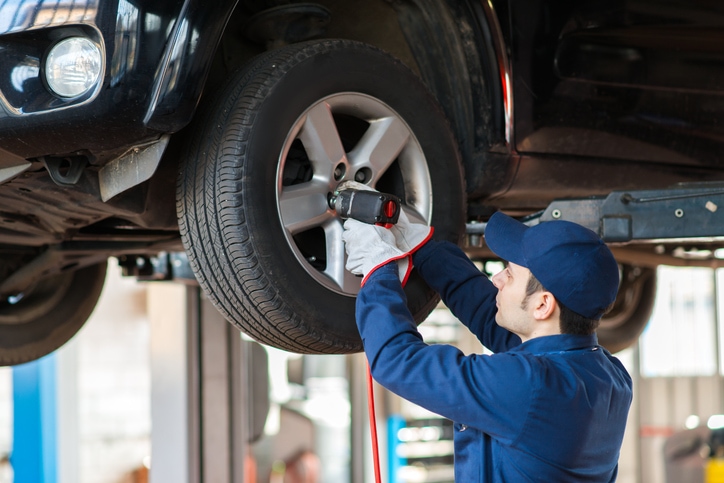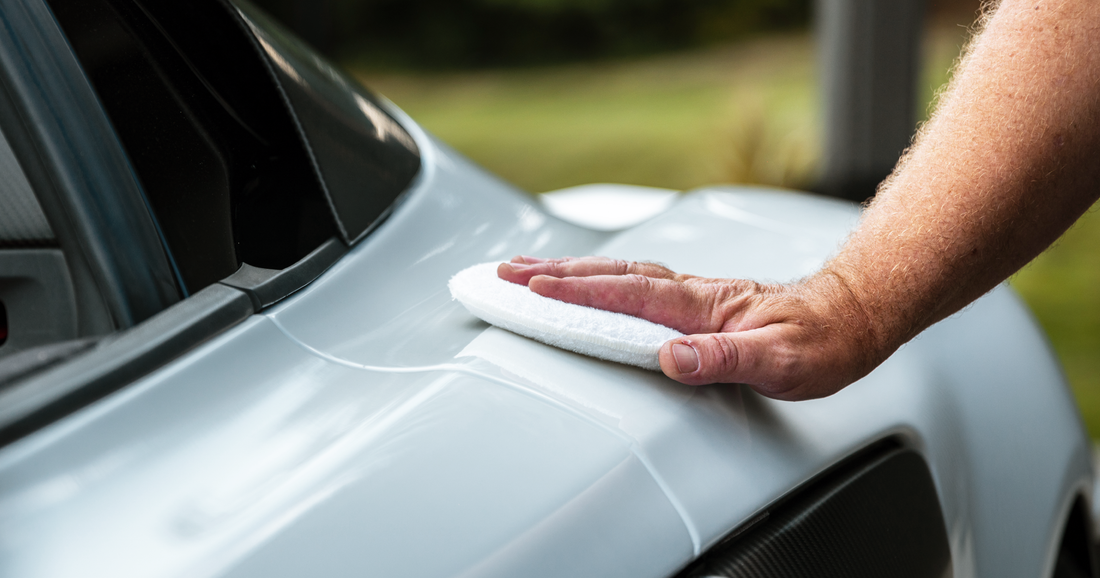All Categories
Featured
Automotive repair insurance coverage is a necessary factor to consider for numerous lorry owners that wish to guard themselves against unexpected repair service prices. Understanding the details of this insurance coverage and exactly how it works can aid you make an educated decision concerning whether it's ideal for you.
![]()
What Is Automotive Fixing Insurance Coverage?
Automotive repair work insurance, also called mechanical break down insurance policy (MBI), is a kind of insurance coverage that assists pay for non-accident-related lorry fixings. This insurance commonly covers major mechanical failings, making it distinctive from standard auto insurance coverage, which focuses on responsibility, accident, and comprehensive insurance coverage.
What Does It Cover?
The insurance coverage supplied by automobile repair insurance typically includes:
Engine Elements: Such as the fuel pump, camshaft, and shutoffs.
Transmission Solutions: Including clutches, torque converters, and gearboxes.
![]()
Electrical Solutions: Addressing repair services for sensors, generators, and batteries.
Cooling Solutions: Such as radiators, water pumps, and cooling down fans.
Air Conditioning and Home heating: Covering compressors, condensers, and related parts.
Omitted items frequently include routine upkeep, typical deterioration (like brakes and tires), and problems brought on by neglect or accidents.
Who Should Think About Automotive Repair Service Insurance Coverage?
Automotive repair service insurance policy is not a necessity for every single vehicle driver, yet it can be beneficial for:
Proprietors of Older Cars: Older autos with run out service warranties are more probable to face significant repairs.
Luxury Car Drivers: Premium designs typically include expensive repair work needs that can stress your budget.
Regular Chauffeurs: High mileage increases the risk of mechanical failure, making insurance coverage a wise selection.
![]()
Advantages of Automotive Repair Service Insurance Coverage
Expense Cost savings: Assists decrease the economic burden of expensive repair work.
Comfort: Provides reassurance that you're planned for unexpected concerns.
Customizable Plans: Numerous insurers use policies tailored to details requirements and budgets.
Comfort: Some strategies consist of roadside assistance and towing solutions.
What to Seek in a Policy
Before purchasing automotive repair insurance policy, review these aspects:
Coverage Limits: Make certain the policy covers significant systems and parts that are most likely to need repair work.
Exclusions: Comprehend what's not covered to avoid shocks.
Case Process: Examine whether the insurance company has a uncomplicated and quick claims process.
Accepted Fixing Shops: Verify if you're restricted to details solution facilities.
Deductibles: Know just how much you'll require to pay out-of-pocket before the insurance coverage begins.
Is It Worth the Price?
The value of vehicle repair insurance depends on your vehicle's age, dependability, and your monetary situation. For more recent cars, expanded service warranties might provide adequate insurance coverage, making extra insurance policy unnecessary. However, for older or high-mileage vehicles, repair insurance policy can save you considerable money in the future.
Final Thought
Automotive fixing insurance policy offers a security net for vehicle proprietors, especially those concerned regarding unforeseen repair work costs. By extensively looking into plans and comprehending your vehicle's details requirements, you can make a decision if this coverage aligns with your economic goals and driving practices. For maximum security, pair fixing insurance with regular maintenance to guarantee your cars and truck remains in top condition.

What Is Automotive Fixing Insurance Coverage?
Automotive repair work insurance, also called mechanical break down insurance policy (MBI), is a kind of insurance coverage that assists pay for non-accident-related lorry fixings. This insurance commonly covers major mechanical failings, making it distinctive from standard auto insurance coverage, which focuses on responsibility, accident, and comprehensive insurance coverage.
What Does It Cover?
The insurance coverage supplied by automobile repair insurance typically includes:
Engine Elements: Such as the fuel pump, camshaft, and shutoffs.
Transmission Solutions: Including clutches, torque converters, and gearboxes.

Electrical Solutions: Addressing repair services for sensors, generators, and batteries.
Cooling Solutions: Such as radiators, water pumps, and cooling down fans.
Air Conditioning and Home heating: Covering compressors, condensers, and related parts.
Omitted items frequently include routine upkeep, typical deterioration (like brakes and tires), and problems brought on by neglect or accidents.
Who Should Think About Automotive Repair Service Insurance Coverage?
Automotive repair service insurance policy is not a necessity for every single vehicle driver, yet it can be beneficial for:
Proprietors of Older Cars: Older autos with run out service warranties are more probable to face significant repairs.
Luxury Car Drivers: Premium designs typically include expensive repair work needs that can stress your budget.
Regular Chauffeurs: High mileage increases the risk of mechanical failure, making insurance coverage a wise selection.

Advantages of Automotive Repair Service Insurance Coverage
Expense Cost savings: Assists decrease the economic burden of expensive repair work.
Comfort: Provides reassurance that you're planned for unexpected concerns.
Customizable Plans: Numerous insurers use policies tailored to details requirements and budgets.
Comfort: Some strategies consist of roadside assistance and towing solutions.
What to Seek in a Policy
Before purchasing automotive repair insurance policy, review these aspects:
Coverage Limits: Make certain the policy covers significant systems and parts that are most likely to need repair work.
Exclusions: Comprehend what's not covered to avoid shocks.
Case Process: Examine whether the insurance company has a uncomplicated and quick claims process.
Accepted Fixing Shops: Verify if you're restricted to details solution facilities.
Deductibles: Know just how much you'll require to pay out-of-pocket before the insurance coverage begins.
Is It Worth the Price?
The value of vehicle repair insurance depends on your vehicle's age, dependability, and your monetary situation. For more recent cars, expanded service warranties might provide adequate insurance coverage, making extra insurance policy unnecessary. However, for older or high-mileage vehicles, repair insurance policy can save you considerable money in the future.
Final Thought
Automotive fixing insurance policy offers a security net for vehicle proprietors, especially those concerned regarding unforeseen repair work costs. By extensively looking into plans and comprehending your vehicle's details requirements, you can make a decision if this coverage aligns with your economic goals and driving practices. For maximum security, pair fixing insurance with regular maintenance to guarantee your cars and truck remains in top condition.
Latest Posts
Take Advantage of Exclusive Auto Repair Offers in Chicago at Montclare Auto Repair
Published May 31, 25
1 min read
Uncover Auto Services & More: Comprehensive Auto Care Solutions from Montclare Auto Repair
Published May 26, 25
1 min read
How to Know When Your Car Needs Expert Car Repair at Montclare Auto Repair
Published May 25, 25
1 min read
More
Latest Posts
Take Advantage of Exclusive Auto Repair Offers in Chicago at Montclare Auto Repair
Published May 31, 25
1 min read
Uncover Auto Services & More: Comprehensive Auto Care Solutions from Montclare Auto Repair
Published May 26, 25
1 min read
How to Know When Your Car Needs Expert Car Repair at Montclare Auto Repair
Published May 25, 25
1 min read